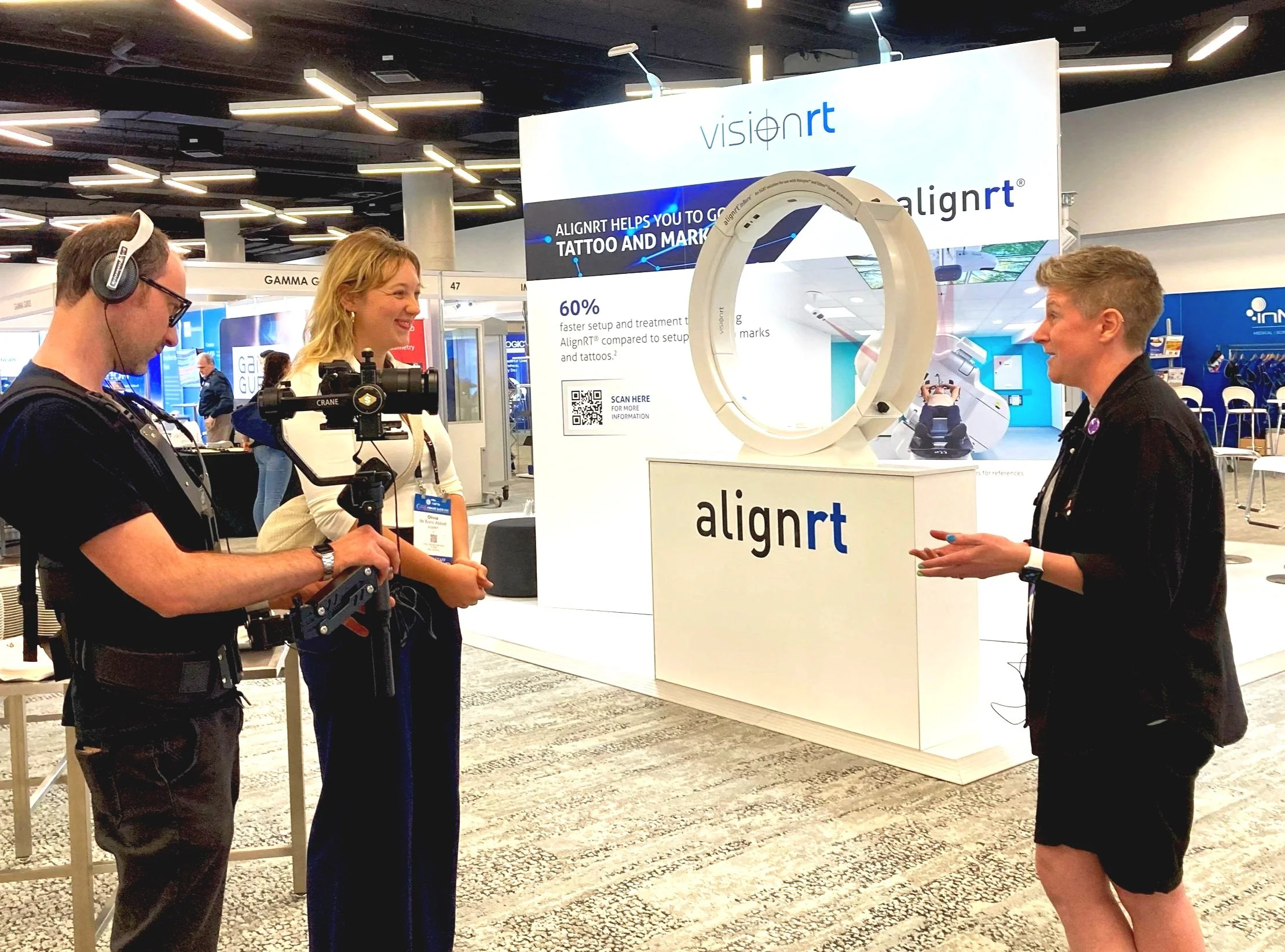News & projects
Catch up with our latest work, news, and projects.
Sign up to our newsletter for updates about our community and organization to your inbox.
Current projects
-
Creating a Community of Practice
We’re building a community to improve cancer care for sexual and gender diverse people. If you’re a person with cancer experience, carer, loved one, researcher, healthcare professional, advocate, member of a community organization or just passionate about driving change - stay tuned for our launch later this year!
-
Addressing inequities in gyne cancer care
This unique community-based collaboration will help address inequities faced by transgender and gender diverse people affected by gynecological cancer in Canada through co-development to empower patients, educate healthcare professionals, and embed equity-driven policy change.
Latest updates
The new Queering Cancer website
We’ve updated our website to reflect the evolution of our organization.
New milestone unlocked - we’re a non-profit!
Queering Cancer is excited to share our designation as a non-profit in Canada.
Remembering Mary Morgan
Remembering our radical, fierce, and bold patient partner Mary Morgan.
Our favourite queer breast cancer memoirs
Some of our favourites books about the cancer journey written by queer authors.
The importance of conversations about care through end of life
QC and The Conversation Project’s Kate DeBartolo discuss why conversations about what matters through the end of life are important and applicable for sexual and gender diverse people.
The Queering Cancer origin story
QC was founded to address the lack of tailored resources, information, and support for 2SLGBTQI+ people affected by cancer.
Bringing inclusivity to informed consent forms in cancer care
James Barber championed important work to revise national informed consent forms for inclusive cancer treatment.
Impact report
This three-phased evaluation project completed in May 2024 examined Queering Cancer’s impact and community requirements since our launch. The research informs organizational priorities and ensures our work remains grounded in the needs of the community.
In the media
Research highlights and media appearances from the Queering Cancer team.
The Australian Society of Medical Imaging and Radiation Therapy conference video (April 2023)
Global TV interview (October 2022)
Sick Boy podcast (January 2021)
We Get It video (February 2021)
CBC News interview (October 2020)









